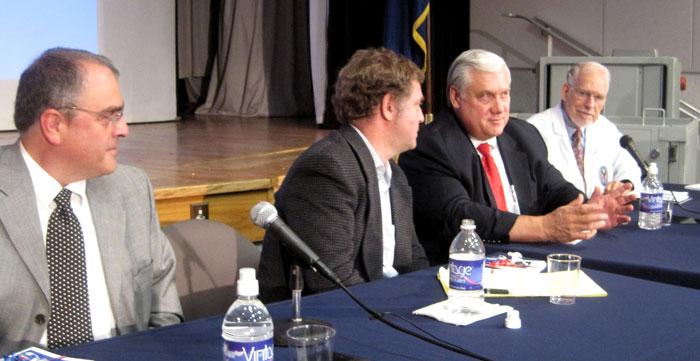
Health Disparities and Health Equity
Challenge
The complex nature and persistence of health disparities continues to foster numerous research, policy, and programmatic activities at the federal, state, and local levels. Health care systems and the areas in which people live, learn, work, and play serve as significant levers for change. Approaches to eliminating health disparities are improving as a result of using new data sources and measures, identifying innovative strategies, supporting and disseminating research, and continuing cross-agency federal collaboration. Yet, gaps still exist in our ability to apply that research to influence practices and policies aimed at eliminating health disparities. The complexity and persistence of health disparities requires an approach grounded in public and political will for change, combined with cross-system collaboration.
Solution
Atlas Research experts work with providers, programs, and systems to address health disparities and improve health opportunities and outcomes to create greater health equity. We accomplish this by, for example, building the capacity of providers and programs to provide culturally appropriate care and implementing cross-system strategic and communications plans to address health disparities.
We define cultural competence broadly and address it in creative ways, with appropriate sensitivity and consideration for business imperatives, to ensure change is embraced and sustained. Atlas developed a Cultural Competence Grand Rounds Series for the Washington, DC Veterans Affairs (VA) Medical Center and worked with the Sioux Falls VA Medical Center to assess cultural competence among staff and make organizational recommendations for improvement.
We are recognized thought leaders within the Department of Health and Human Services, and are called upon for our ability to build consensus and help organizations achieve their health equity goals. For example, Atlas assists the Office of Minority Health with the implementation of the National Stakeholder Strategy to Create Health Equity. We also support the National Institutes of Health’s efforts to mobilize community health workers to reduce health disparities among underserved communities.



